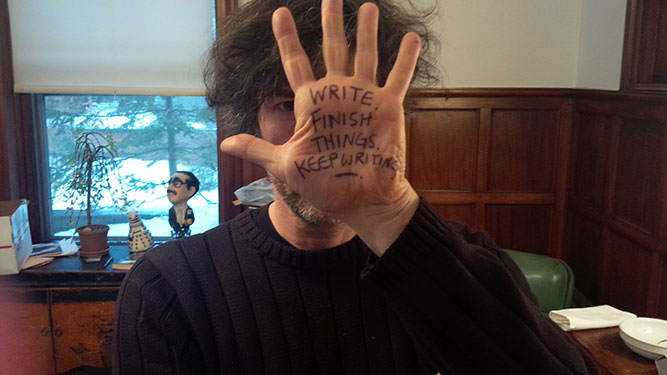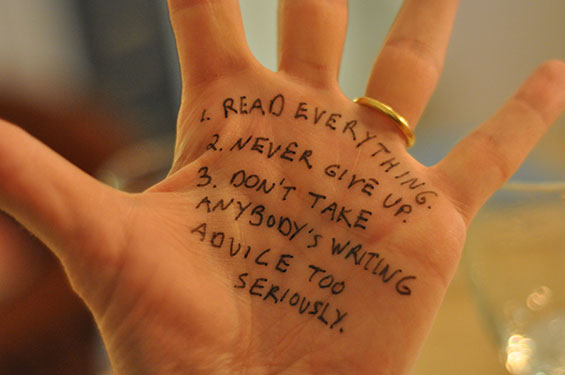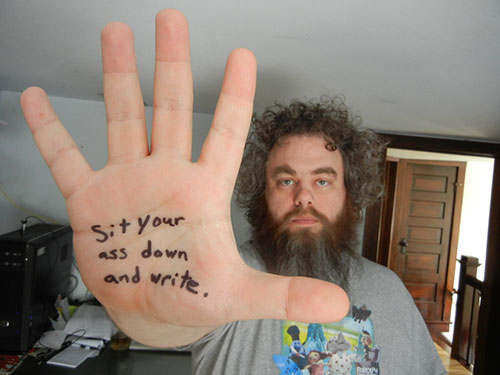"I worry that too many of us . . . are certain that if only we can get 1993 to come back again, we'll clean up. That if we hold our breath and close our eyes and guard the gates with bigger and more dangerous weapons, time will turn backwards and it will be yesterday again. And we all knew what the rules were yesterday. The rules of publishing were simple. Authors, agents, books, incredibly long lunches--that was publishing. Not any more."
Neil Gaiman is one of my favorite writers and this keynote at The Digital Minds Conference 2013 is further evidence why.
I've been an avid reader my whole life. Growing up in Puerto Rico my parents used to say that I was a "come libros," literally a book eater. The only thing I would consume more was music. You could see me with headphones from a brand new walkman or a book in hand, sometimes foolishly reading while walking. While my schoolmates grumbled at having to read Cervantes, Quijote was my hero.
Nothing has changed, I still devour books and music. Sometimes listening to music while simultaneously reading on the same device. Well, something has changed, I now have a deep understanding of what it takes to both write and produce a book.
And then there is digital. I've spent most of the past month tumbling through the wild frontier of editing, programming and packaging digital books in EPUB format. I find all of it challenging, frustrating and terribly exhilarating. I feel that to honor all those books I've read and that in many ways have consumed me, that I too have to do my part in figuring out the future of books.
Writing, creating, is a dandelion thing. When writing, make good art. When coding, make good art. Produce beautiful content in beautiful packages, make good art. Try everything.








